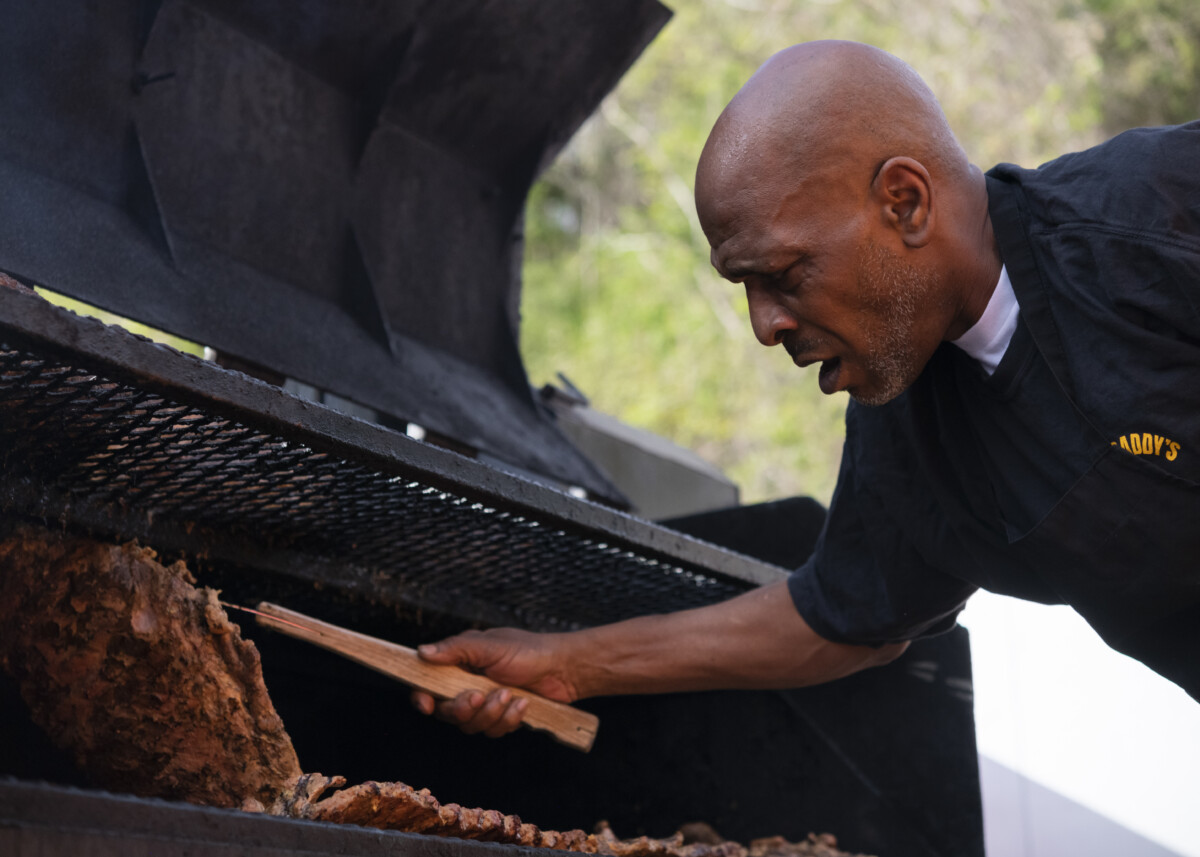It was on the muddy banks of the Scioto River that Hillary Clinton’s electoral ship began sinking in 2016. At a CNN townhall in Columbus, Ohio, Clinton – then in a heated primary battle against Senator Bernie Sanders of Vermont – infamously said, “We’re going to put a lot of coal miners and coal companies out of business.”
The very next day, Clinton was on the defensive. Accusing Republicans of trying to “twist Hillary Clinton’s words,” her campaign press secretary said “she was making the exact opposite point: that we have to take proactive steps to make sure coal workers, their families, and their communities get not just the benefits they’ve earned but also the future they deserve.”
A look at her full answer to moderator Jake Tapper’s question vindicates her campaign’s response:
I’m the only candidate which has a policy about how to bring economic opportunity using clean renewable energy as the key into coal country. Because we’re going to put a lot of coal miners and coal companies out of business.
And we’re going to make it clear that we don’t want to forget those people. Those people labored in those mines for generations, losing their health, often losing their lives to turn on our lights and power our factories.
Now we’ve got to move away from coal and all the other fossil fuels, but I don’t want to move away from the people who did the best they could to produce the energy that we relied on.
It didn’t matter. Two months later, an unemployed West Virginia coal miner asked Clinton how he could trust her if she wants to take away his livelihood. She went on to lose every county in the Mountain State’s 2016 Democratic primary to Sanders, despite having won it by a landslide during her 2008 campaign for the nomination. The gaffe haunted her through the general elections, and Clinton herself would call it her worst mistake of the campaign.
Donald Trump became president because people thought Hillary Clinton wanted to put hardworking Appalachians (used by the national media as a stand-in for working class people across the country) out of their jobs.
This anecdote, though eight years and several election cycles old, provides a useful introduction to my new political column for 100 Days in Appalachia. “Front Porch Politics” is born of a desire to analyze the 2024 election through a distinctly Appalachian lens – for as the Clinton coal crisis of 2016 teaches us, ours is a region punching above its weight in national politics.
Consider: The dean of the House of Representatives is Congressman Hal Rogers, whose district covers Eastern Kentucky. West Virginia Senator Joe Manchin, the perennial centrist, is a crucial swing vote for Democrats hoping to advance any legislation in the upper chamber. Congresswoman Marjorie Taylor Greene is one of the most influential Republicans in the nation; her district includes the Appalachian counties of northwest Georgia.
The point is not to champion any single Appalachian politician. You do not have to like these people to acknowledge their significance. Rather, it is to highlight the fact that Appalachian voices and voters can and do sway elections (Clinton lost Pennsylvania, no doubt in part because of her perceived antipathy to coal miners), influence public policy (Manchin is notorious for watering down progressive legislation), and dominate the national conversation (Marjorie Taylor Greene is the loudest woman in any room she enters).
“Front Porch Politics” is my attempt to find the nuance in the cacophony of election coverage while always highlighting the regional angle. I hope to help readers sift through the talking points and soundbites and discover how candidates’ platforms, public policy at state and national levels and the rancid rhetoric dominating our politics affect their daily lives. I will bring politics home to the hollows, revealing how decisions made by voters and lawmakers can and will have lasting consequences from Binghamton to Birmingham.
But let’s be clear from the start: this is an opinion column, so I will be offering my opinion. Cards on the table – I’m a Marxist. My allegiance is not to the Democratic Party or the Republican Party, but to the working class. That said, I’m more often in support of the former.
My politics do not have to be your politics, though. Ain’t much point to a porch if you don’t have folks to sit a spell on it and chat with you. The whole point of calling it “Front Porch Politics” is to invite y’all to converse with me – and with one another.
Front porches are some of the friendliest places in Appalachia, where we sit in rocking chairs while sipping sweet tea and lemonade. Other times, we’re shucking beans or strumming an old guitar or sipping coffee and reading the paper. Whatever we do on them, one thing is certain: We’re gonna talk your ear off. Front porches are made for visiting, even while we work.
I invite y’all to visit me from time to time. I’ll offer my opinion (backed up by facts, but always just that – my opinion), then ask y’all to weigh in. This is my column, but it is our community. Our region. Our nation.
Whatever happens in the coming months, the 2024 election is set to be even more divisive and consequential than the last two cycles. I hope my front porch will be a place for calm and friendly discussion about the issues and rhetoric facing our region, one we all love.
Let that love unite us as we strive to find the shades of grey between the red and the blue. Whether we are Democrats or Republicans, socialists or capitalists, we’re all Appalachians. This is our virtual front porch. Let’s get politicking.
Skylar Baker-Jordan is 100 Days in Appalachia’s Contributing Editor for Community Engagement. Support his work and our continued coverage of politics in the region by donating here.
Share your feedback and thoughts with Skylar directly at [email protected].



